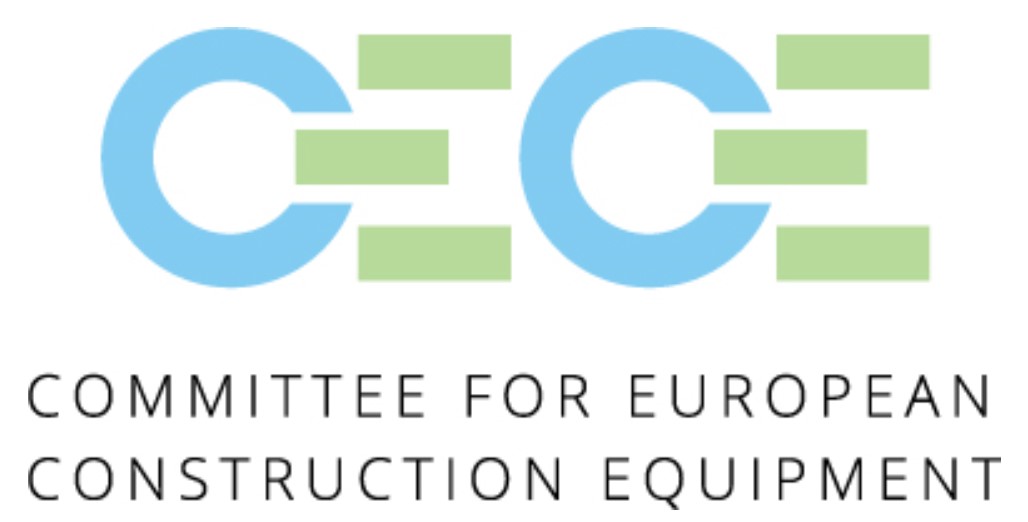
The tariffs have come about as part of the framework of the trade disputes involving aicraft manufacturers Airbus and Boeing. In separate rulings in 2019 and 2020, the World Trade Organisation (WTO) approved tariffs by both the US on EU imports and by the EU on US goods after it judged that both Airbus and Boeing had received illegal state aid.
Specifically, since October 2019 the US has been applying additional ad valorem import duties of 25% on certain types of excavators from Germany and the UK. Similarly, since November 2020 the EU has been applying additional ad valorem import duties of 25% on certain types of loaders from the US.
CECE says these measures are having "devastating effects" on the sales of some types of construction equipment from both sides across the Atlantic.
The association says the adoption of tariffs by the US and EU on their imports of construction machines has revitalised interest in trade by several of its members. For this reason, the CECE executive committee has approved to reactivate the CECE Trade Policy Commission, which has been inactive over the last years.
The CECE Trade Policy Commission consists of members from national associations and several experts in trade from member companies. Besides dealing with the current tariffs, this new group will look at opportunities arising from the dynamic EU trade policy.
CECE says global trade is a key area for the European construction equipment industry, giving construction equipment manufacturers access to foreign markets, global supply chains and raw materials.
It adds that the EU has been particularly active over recent years in this policy area, by concluding and applying trade agreements with key commercial partners, notably Canada, Japan, South Korea, Vietnam and Singapore.
Because of Brexit, an agreement was reached with the United Kingdom in December 2020 to pave the way for the entry into force of the EU-UK Trade and Cooperation Agreement (TCA).
Agreements in principle have also been reached in 2020 in negotiations with Mexico, the Mercosur South American trading area (whose full members are Argentina, Brazil, Paraguay and Uruguay), as well as China with the comprehensive agreement on investment (CAI). EU trade negotiations are ongoing with Australia, New Zealand and Indonesia respectively.














